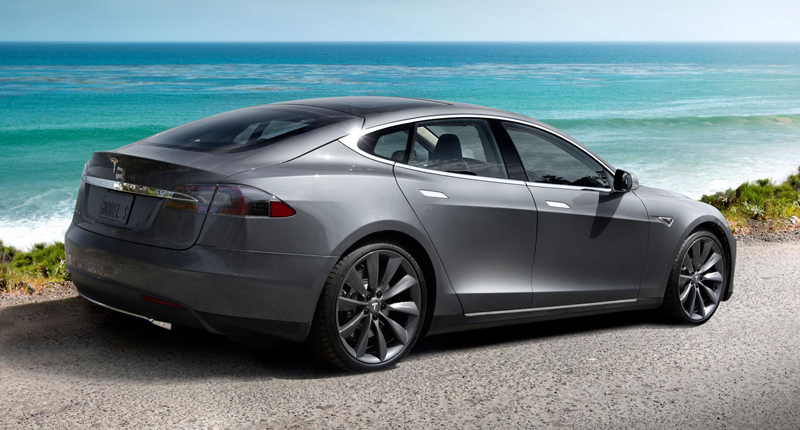We can’t wait to see how Elon Musk responds to this one. A hacker going by the name Nitesh Dhanjani has reportedly managed to send wireless codes over the internet to a Tesla model S that allowed him to unlock its doors.
According to Reuters, the hacker, security consultant and Tesla owner demonstrated the vulnerability at the Black Hat Asia security conference in Singapore.
No ad to show here.
While Dhanjani didn’t find any other software flaws, he did caution that we needed to be more careful with our cars’ security in the future.
“We cannot be protecting our cars in the way we protected our (computer) workstations, and failed,” he said.
Dhanjani has apparently passed on his findings to Tesla, which told Reuters it always takes the time to review any information given to it by security experts.
“We protect our products and systems against vulnerabilities with our dedicated team of top-notch information security professionals, and we continue to work with the community of security researchers and actively encourage them to communicate with us through our responsible reporting process,” Tesla spokesperson Patrick Jones said.
But should Tesla owners really be worried about the hack? Well, unless they plan on keeping valuables or top-secret documents in their cars, then probably not. While Dhanjani’s hack means the Tesla doors can be opened, the model S requires the presence of a key fob to actually drive.
And while we’re at it, a large blunt object smashed through a car’s window tends to be a much more efficient method of gaining entry than password hacking.
